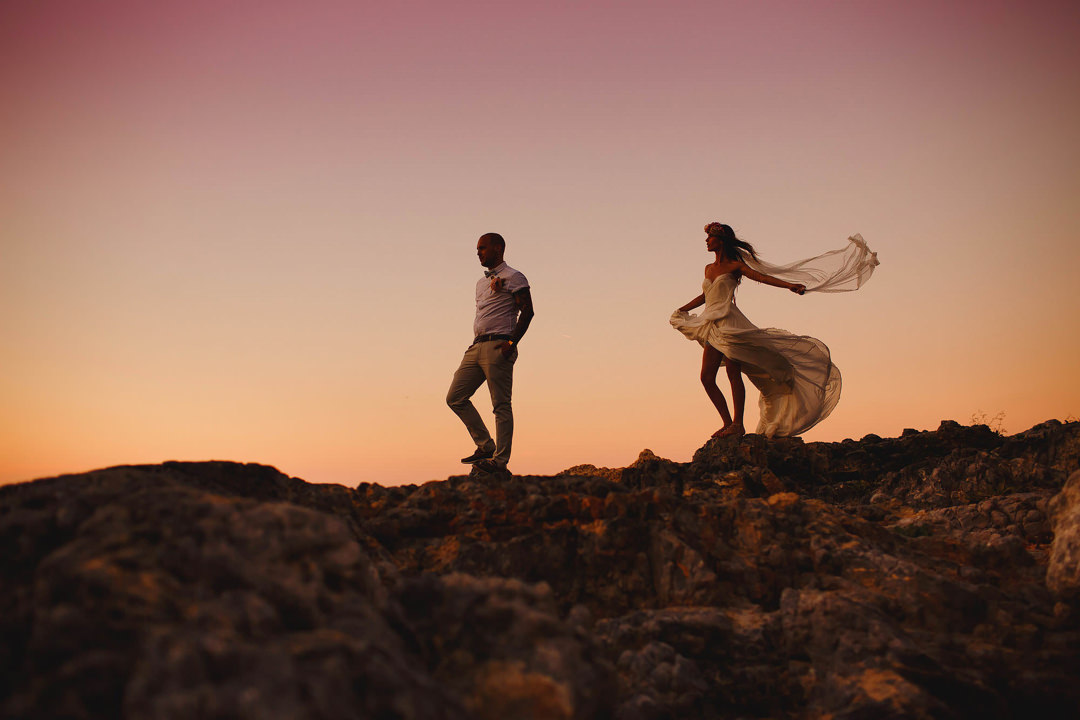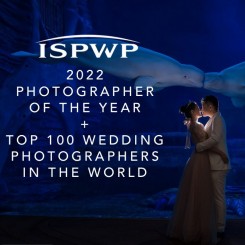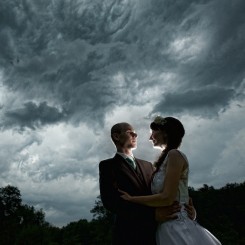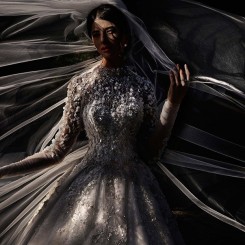Four Important Things That Should Be In Your Wedding Photographer’s Contract
Posted by Admin on October 28th 2017
You’ve found “the one,” you’ve got engaged and started planning your wedding, and you’ve done your due diligence by meeting with several photographers. Now you’ve found the “the one” who you both agree is the perfect choice to photograph your wedding. Congratulations! Before you sign on that dotted line, ISPWP wants to give you some advice on essential things that you should be sure are included in the wedding contract.
How Much Time Will Your Photographer Be With You on the Day?
Most photographer offer packages that include a certain number of hours on the wedding day, which allows for people to customize the amount of coverage for their specific needs. For example, a small brunch wedding in one location may have everything covered in 4 hours, but a more traditional wedding with a ceremony and reception in different places may need 8-10 hours (or more). When you’re in discussions with photographers, ask them what they suggest for the right amount of coverage for your day. This should be detailed in your contract, so there are no misunderstandings. There should also a be a clause specifying how many additional hours (often referred to as “overtime”) will be billed at and how you are expected to pay (Will they bill you later? Will you have to pay right then on the wedding day?).
What Deliverable Items are Included?
Simply put, what do you get for the money you pay the photographer? Pay attention to this part of the contract and ask questions if you are unsure. Do “digital files” mean that you can print your photos from them? Who owns the copyright, and what does that mean? For every item you are receiving from the photographer as a deliverable, whether digital or physical, should be a line item in the contract. If the photographer includes something for free as a thank-you for booking them (for example a parent album or print), even that should be listed.
What’s the Timeline for Delivery?
A schedule of when you can expect to see your photos and other items purchased from the photographer should be listed in the contract. Sometimes this will not be a firm date, as photography is an artistic process, as is the editing process. However, there should be a realistic estimated timeline of when you can expect to see the finished product. The timeline will vary significantly from photographer to photographer, but the industry standard seems to fall somewhere between 4-6 weeks after the wedding. Photographers who are solo operators may take longer than photographers who have assistants or photo editors on staff. Make sure you understand and are respectful of these turnaround times.
What are your Rights if a Postponement or Cancellation Occurs?
While not a particularly pleasant part of the conversation regarding a wedding day, you need to understand what will happen if you pay a deposit to a photographer (sometimes called a “retainer”) and then you cancel their services. You will likely lose your deposit, and you may be responsible for additional fees. Because dates are the “inventory” that a photographer carries, when they take your date off the shelf they lose the ability to sell it to others. On the other hand, there also needs to be provisions for you if your photographer cancels. Most often this occurs because of unexpected illness, but there also could be situations where a photographer moves or closes their business. In any contract that you sign, both parties need to understand the risks and the fees that are associated with those risks.
If you’re still searching for your photographer, you’re sure to find an experienced and qualified photographer on ISPWP. Each photographer on our site has been thoroughly vetted and are held to the highest standards of professionalism in wedding photography. Find an ISPWP approved wedding photographer in your area!
(Photo by Adam Johnson, Cheshire, UK wedding photographer.)






